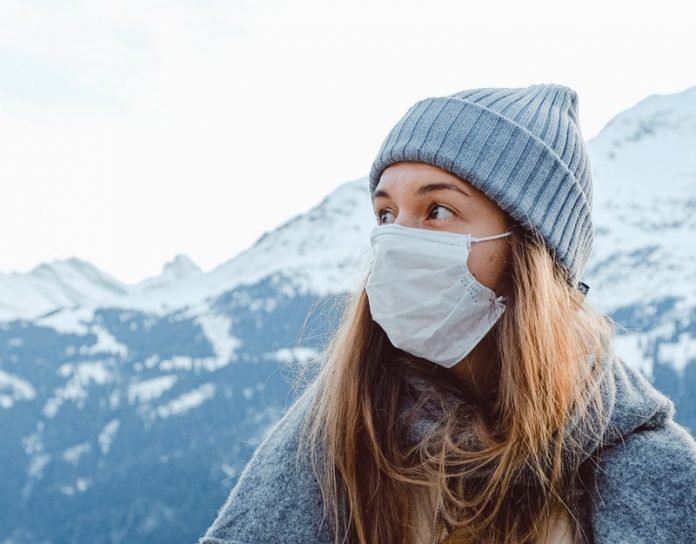
In a new study, researchers found that temperature and humidity do not play a significant role in COVID-19 spread.
That means whether it’s hot or cold outside, the transmission of COVID-19 from one person to the next depends almost entirely on human behavior.
The research was conducted by a team at The University of Texas at Austin and elsewhere.
At the onset of the coronavirus pandemic, there were high hopes that hot summer temperatures could reduce its spread.
Although summer didn’t bring widespread relief, the connection between the weather and COVID-19 continues to be a hot topic.
The link between weather and COVID-19 is complicated.
Weather influences the environment in which the coronavirus must survive before infecting a new host. But it also influences human behavior, which moves the virus from one host to another.
In the study, the team defined weather as “equivalent air temperature,” which combines temperature and humidity into a single value.
The scientists then analyzed how this value tracked with coronavirus spread in different areas from March to July 2020, with their scale ranging from U.S. states and counties to countries, regions, and the world at large.
At the county and state scale, the researchers also examined the link between coronavirus infection and human behavior, using cellphone data to study travel habits.
Across scales, the scientists found that the weather had nearly no influence.
When it was compared with other factors, the weather’s relative importance at the county scale was less than 3%, with no indication that a specific type of weather promoted spread over another.
In contrast, the data showed the clear influence of human behavior — and the outsized influence of individual behaviors.
Taking trips and spending time away from home were the top two contributing factors to COVID-19 growth, with a relative importance of about 34% and 26% respectively.
The next two important factors were population and urban density, with a relative importance of about 23% and 13% respectively.
The team says that assumptions about how coronavirus would respond with weather are largely informed by studies conducted in laboratory settings on related viruses.
This study illustrates the importance of studies that analyze how coronavirus spreads through human communities.
One author of the study is Dev Niyogi, a professor at UT Austin’s Jackson School of Geosciences and Cockrell School of Engineering.
The study is published in the International Journal of Environmental Research and Public Health.
Copyright © 2020 Knowridge Science Report. All rights reserved.



